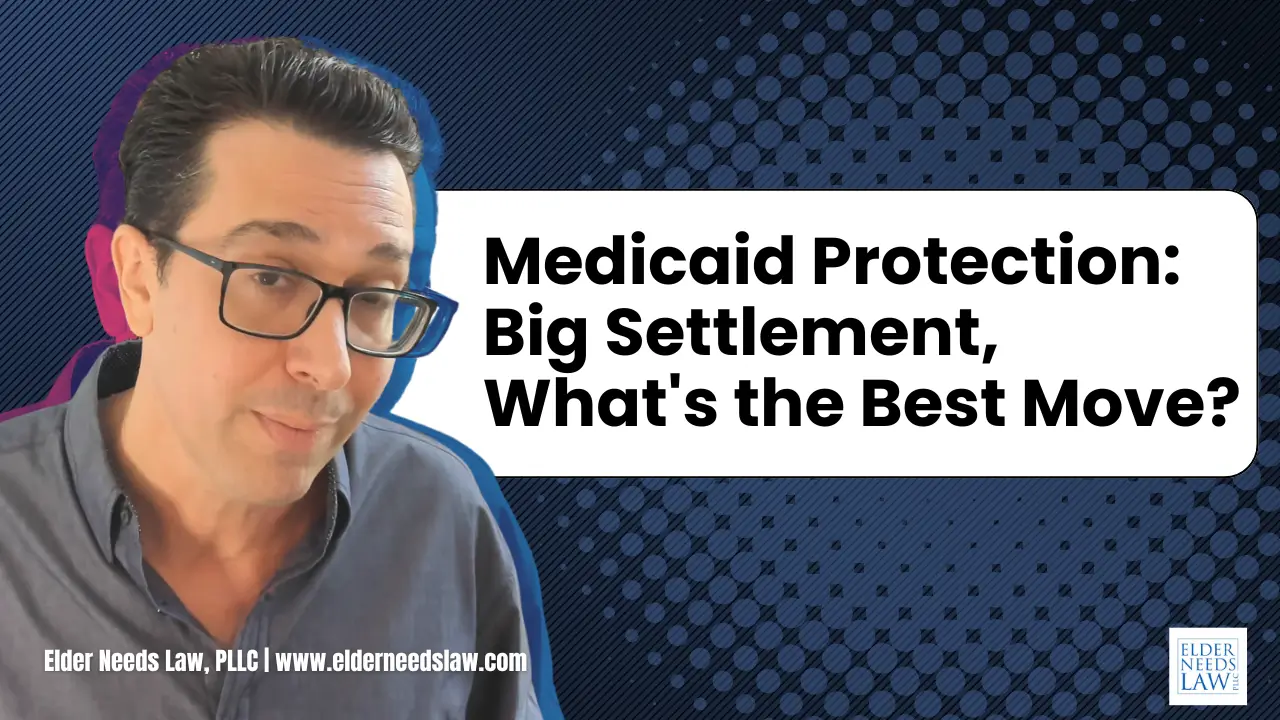Florida Medicaid and Funeral Costs - Burial Expenses

When discussing different medicaid spend down techniques, we eventually get to more interesting and creative way to protect my client's assets. But, I often start with a Florida medicaid planning spend down suggestion that is both practical and morose: prepaying for funeral and burial costs.
It is my experience that most of my elderly medicaid clients have two primary goals: maintain the highest possible quality of life with dignity and avoid being a burden on their family. To the latter end, pre-paying for one's funeral costs and burial expenses is a very practical way to give the gift of one less burden to place on grieving family members. It is also a very practical way, used in conjunction with other Medicaid planning strategies, get countable assets below the $2,000.00 asset limit, which is required for Medicaid eligibility in Florida.
This article will discuss two ways of setting aside funds to make funeral and burial arrangements and remain Medicaid eligible: setting aside money in a bank account and irrevocably prepaying for funeral and burial costs.
Medicaid allows Setting Aside $2,500 for Burial or Funeral Expenses
Medicaid ESS policy manual Section 1640.0514 indicates that a Medicaid applicant or recipient (or their spouse) may set aside up to $2,500 each (so $2,500.00 for a single Medicaid applicant or $5,000.00 for the Medicaid recipient and his/her spouse) for anticipated funeral costs or related burial expenses. The burial funds should be separated (i.e. not commingled with your regular checking or savings account) and marked/identified as "for burial / funeral expenses," or something similar.
Practically speaking, you would want to open up a separate bank account, labeled for funeral costs or burial expenses, for such funds. If the funds or assets cannot be set aside (or it is unreasonable to require fund separation) or labeled as "funds for final expense", Medicaid will accept a verbal statement indicating amount of funds set aside for funeral costs, for whose funeral the funds are being set aside and where/how the funeral money is being held.
Remember, if the Medicaid applicant is just setting aside money in a bank account for funeral expenses, they are limited to $2,500 (or $5,000 for their spouse). But, many funerals or burial arrangements cost significantly more than $2,500.00. Medicaid rules allow more money to be set aside for funeral related expenses if such costs or being paid in advance.
Importantly, this amount is in addition to the $2,000.00 or less that can remain in a Medicaid recipient's personal checking or savings account.
A Medicaid Applicant may Pre-Pay for Funeral or Burial Arrangements without Limit if Certain Conditions are Met
Florida Medicaid Manual Section 1640.0509 says a Medicaid applicant may enter into a prepaid funeral or burial contract, for any amount, if the funeral contract is irrevocable / cannot be liquidated (therefore money cannot be returned to the Medicaid recipient).
Practically, when prepaying for burial arrangements, ask the funeral director for an "irrevocability addendum." They will know what you are referring to if you explain that you/your loved one is looking to prepay for their funeral and remove the ability to ask for a refund for Medicaid purposes.
In essence, as long as you cannot liquidate the money, you can spend $50,000.00 for a New Orleans Jazz Funeral replete with marching band, if that is what you so desire, and Medicaid cannot count it as an asset.
Medicaid allows you to prepay for your family's burial spaces
If a Medicaid applicant so desires, he or she may also prepay for grave sites, caskets, headstones, costs of opening/closing graves. crypts, mausoleums, and urns for themselves and all members of their immediate family, including: minor and adult children, stepchildren, adopted children, brothers, sisters, parents, adoptive parents and the spouses of any of the above-mentioned people - again as long as the payments are irrevocable (i.e. family cannot sell their right to these services at any time). Very few of my clients have every utilized this strategy as a quick way to achieve Florida Medicaid asset eligibility, but it remains available.
See Florida Medicaid Rules Section 1640.0516.
What if a Medicaid recipient passes away prior to prepaying for their funeral and burial expenses?
According to Florida Statutes, Section 733.707, funeral debts, up to $6,000.00 are considered a Class 2 creditor, while Medicaid is a Class 3 creditor. What this means is that the first $6,000.00 in funeral expenses, if paid by another or incurred by a funeral home, will be given priority over Medicaid estate recovery. But any funds left in the Florida Medicaid beneficiary's name in excess of the $6,000.00 will be subject to Medicaid repayment. In this situation an informal Disposition of Personal Property Without Administration would still need to be filed with the court (See Fla. Stat. Sec. 735.301) with the benefit of not having to open a full probate administration.
To discuss this and other Medicaid spend down techniques, call to schedule a consultation.







